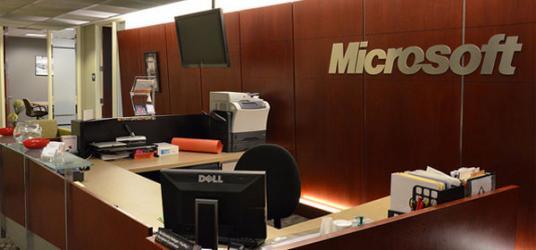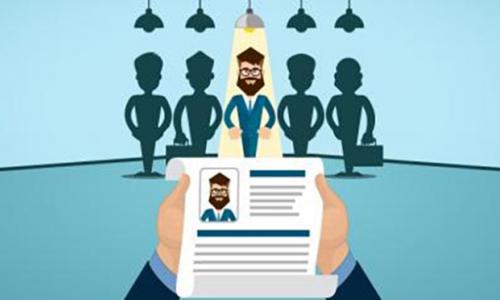
Emy Sun was a graduate student in Engineering at SFU from 2009 Spring 2012. She got her Bachelor’s degree in electronics, which has nothing to do with programming or coding. Nonetheless, she is now a software engineer at Microsoft.
I was curious to know how Emy managed to arrive at this career goal despite her major being unrelated, so I asked her some questions. Here’s what she said! (Note: the original interview was conducted in Mandarin).
Jingya: Can you first introduce us to your experiences in the past?
I got my Bachelor’s degree in China, Anhui University of Technology, majoring in electronics and automation. Then I got into SFU’s School of Engineering for my Master’s degree. At that time I was doing research on image processing. In the third year of my Master’s I did a summer internship at Microsoft. After the internship, Microsoft offered me a full-time job and I accepted. After graduation I came to Seattle, and that’s where I am now.
J: I see you are doing something different than the majors in your Master’s and Bachelor’s degrees. When and how did you set a clear career goal of being a software engineer?
When I was accepted by SFU I thought I would be doing something on robotics and mechanics, which related to my undergraduate major. Turns out the professor who accepted me was working with image processing which was a completely new area to me. So I started from the very beginning, learning image processing methods and practicing programming. The learning progress was really slow and I started to lose confidence. At that time I also met a friend whose major was computer vision. He had graduated one year before and still couldn’t find a job. “If he can’t find a job, how will I?” I asked myself. His experience was far more than mine.
So I decided to change. Instead of only focusing on my research I started to plan what I would do after graduation. I went to job fairs, chatted with human resources representatives, and learned there were lots of software engineering openings out there. After that, I formed the idea of becoming a software engineer and started to systematically learn programming skills and algorithms.
J: Do you have any tips for students who are entering the workforce?
Give yourself a target – at least a big picture of which industry you are entering into. Arm yourself with skills and knowledge. If you are not sure what you need, going to job fairs and chatting with human resources staff is a good choice. These conversations can give you an idea of what kind of talents and skills they are looking for, and the market demand. Compare yourself and define the gap between you and those standards, then try to fix it. It’s possible to be rejected, and depression and anxiety could arise. Being persistent and turning these negative emotions into a force of moving forward can be very important.
Recently I just had an unsuccessful interview for another department at Microsoft. Although I failed, I received a tip from the interviewer. He told me “Be confident! Even though you don’t have it, fake it!” Of course, this doesn’t mean you should pretend to be an expert on everything. It means you should present the things you do know in a confident and clear way.
As long as you have a clear goal and are moving forward towards it, you will eventually get what you want! Where there is a will there is a way.
Life is a process of growing and exploring, exploring your interests, your hobbies and your dreams. But when we find something new and face big changes, such as changing majors or career paths, many of us hold back since we are going from a familiar area to a strange one. I learned from talking to Emy not to be as afraid of change. Whether you end up where you expected to be or not, you will always find a way to succeed.















